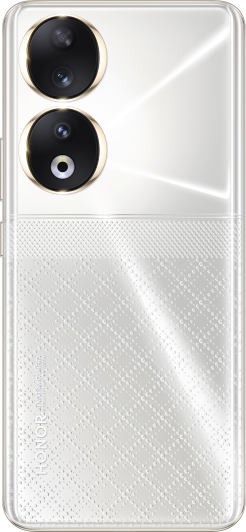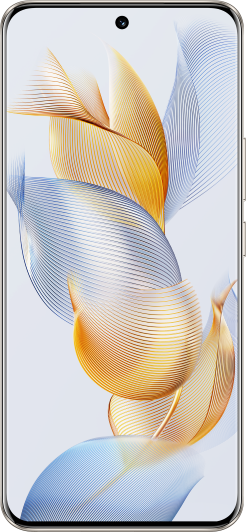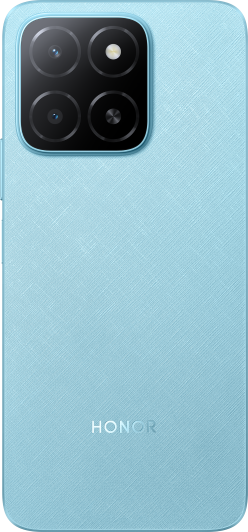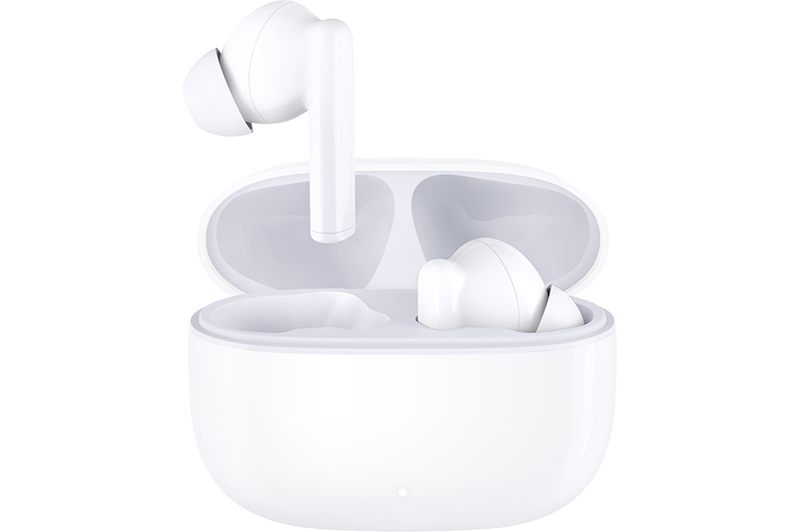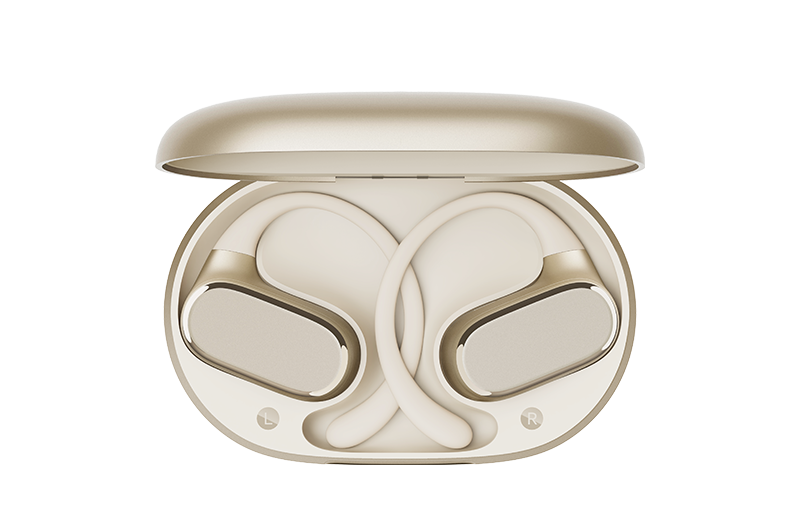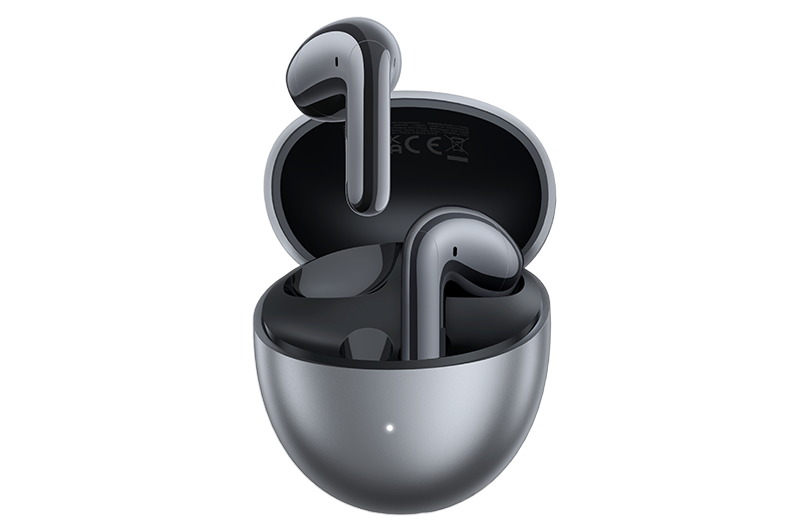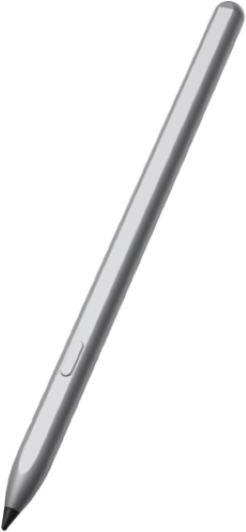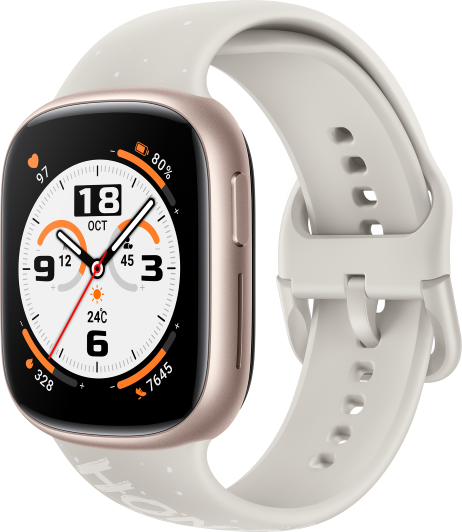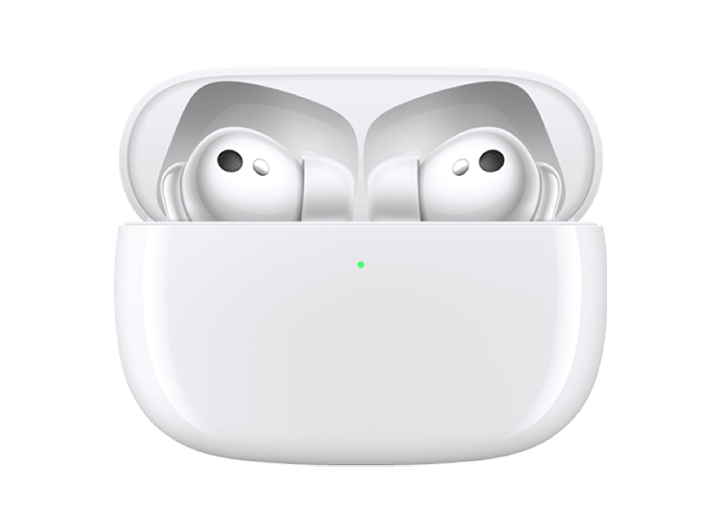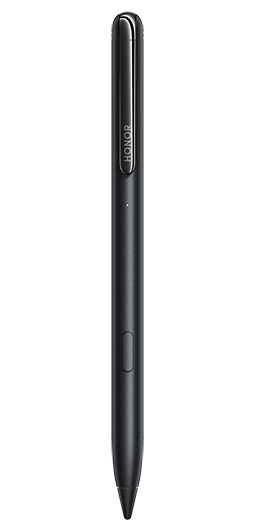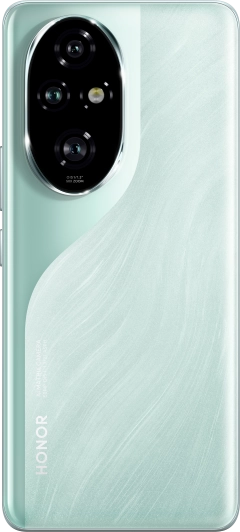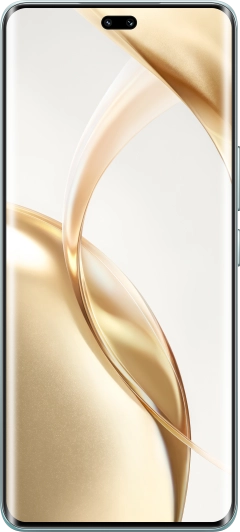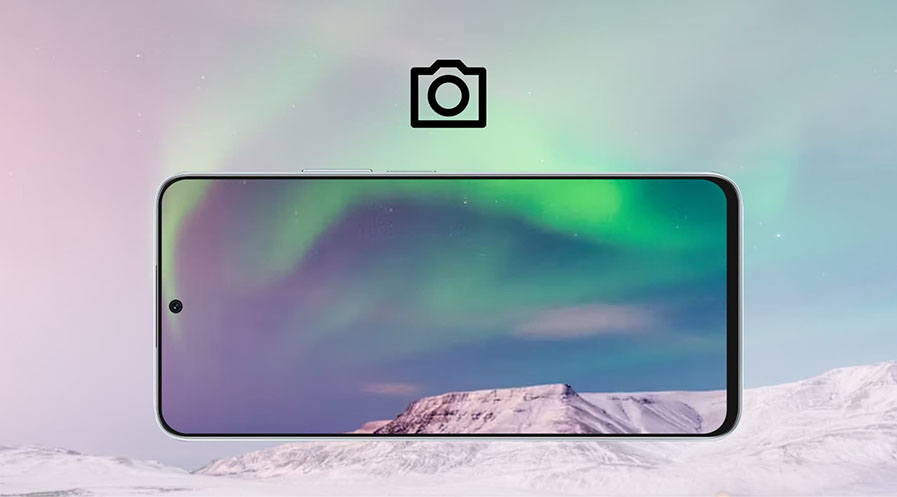TOP

我的荣耀 开启荣耀之旅
To log in to your account, you must first agree to the HONOR PLATFORM TERMS OF USE and HONOR Platform Privacy Statement . If you do not agree, you may only browse the site as a guest.
*You can unsubscribe at any time, Please see our Privacy Statement for details.
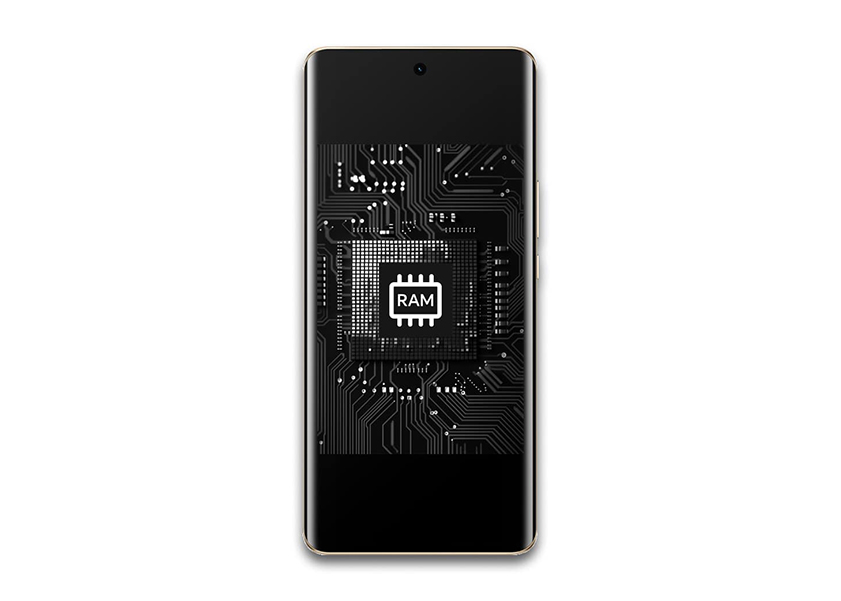
How Much RAM Is Good for A Phone? Maximizing Performance
At the heart of our devices' performance and multitasking capabilities lies a crucial component: RAM. But how much RAM is good for a phone? This question is more pertinent now than ever, as our reliance on smartphones for daily tasks continues to grow exponentially. In this guide, we'll dive deep into the intricacies of smartphone RAM, exploring scenarios that demand higher RAM capacities, and unravelling what you can achieve with varying levels of RAM. Read on to decipher the optimal RAM capacity for your needs!
What Is RAM in A Smartphone?
Random Access Memory (RAM) in a smartphone is a critical component that often determines the speed and efficiency with which the device operates. Unlike the phone's storage (where your photos, music, and apps are permanently saved), RAM is the space where your phone's processor temporarily holds the data it needs to access right now or soon. This makes RAM a vital factor in how quickly and smoothly your smartphone can switch between apps, perform tasks, and manage the operating system's processes.
At its core, RAM is the heart of your smartphone's multitasking capabilities. When you open an app, your phone's processor loads it from the slower permanent storage into the much faster RAM. This allows your device to access and use the app's data quickly. The more RAM your phone has, the more information it can store in this fast-access memory, enabling it to keep more apps running in the background without slowing down.
In the context of today's smartphones, RAM sizes vary widely, from as low as 2GB in budget models to 16GB or more in high-end devices. The amount of RAM influences not only the number of tasks you can perform simultaneously but also the fluidity of navigating through your phone's interface, streaming content, and even the quality of your gaming experience.
When Should You Consider a Phone with Higher RAM Capacity?
While the average user might find ample satisfaction in the standard 6-8GB of RAM, specific scenarios and user habits demand a leap into higher RAM territories. Here's when you should consider opting for a phone with a higher RAM capacity:
Multitasking
Have you ever tried switching between apps, only to be met with frustrating delays or the dreaded reloading of apps? This is a classic symptom of insufficient RAM. Today's digital lifestyle demands that we juggle between social media, emails, messaging apps, and more, often simultaneously. Phones with higher RAM capacities allow for smoother multitasking by keeping more apps active in the background, ready for instant access without reloads.
Gaming
The mobile gaming industry has seen exponential growth, bringing console-quality titles to the palm of your hand. These games, however, are resource-intensive, demanding not just powerful processors but also high RAM capacities to run smoothly. For avid gamers looking to enjoy these games at their highest graphical settings without compromise, opting for a smartphone with 12GB of RAM or more can provide that edge, reducing load times and ensuring fluid gameplay even in the most action-packed moments.
Running Large Apps
As apps become more sophisticated, their demands on your phone's RAM increase. This isn't limited to gaming; professional apps for photo editing, video production, and music creation also require substantial RAM to function efficiently. If you use your phone for more than basic tasks and delve into creative or professional work, a phone with a larger RAM capacity (10-12GB or more) will provide the speed and efficiency you need.
What Can You Do with RAM Of Different Capacities?
Understanding the capabilities of different RAM capacities can help you decide how much GB RAM is good for your phone. Here's a breakdown of what you can expect from phones with varying amounts of RAM:
6-8GB: The Sweet Spot for Everyday Use
6-8GB of RAM is often deemed the standard capacity found in most modern smartphones today, but is 6GB RAM enough for phone? Well, for the average user, 6GB to 8GB of RAM strikes the perfect balance between performance and cost-effectiveness. This range is sufficient for smoothly running daily tasks such as:
• Browsing the web with multiple tabs open.
• Streaming high-definition videos.
• Using social media apps.
• Moderate multitasking with several apps running in the background.
• Playing casual to moderately demanding games.
Moreover, advanced smartphone models, like the HONOR Magic6 Lite, can expand its original 8GB of RAM to 16GB through HONOR's RAM Turbo technology. This innovation allows the phone to perform tasks typically reserved for devices with double the physical RAM. Users can enjoy enhanced multitasking capabilities, smoother app transitions, and the ability to run more demanding applications without the usual constraints of this RAM category.
10-12GB: Elevated Performance for Power Users
As we move into the 10-12GB RAM territory, we're looking at devices that cater to more demanding users. These smartphones are designed for:
• Heavy multitasking with many apps open simultaneously.
• Running demanding games at higher settings without lag.
• Using complex photo and video editing apps on the go.
• Smoothly operating split-screen and picture-in-picture modes for enhanced productivity.
• Keeping more apps in memory for quick access without reloads.
The HONOR 90, available in the 12GB+512GB configuration, exemplifies what phones in this category are capable of. With this level of RAM, you can expect your device to handle almost anything you throw at it - from editing high-resolution videos to running complex 3D games, all while maintaining multiple apps in the background.
Above 12GB: The Realm of Cutting-Edge Performance
When RAM capacity exceeds 12GB, we're entering the realm of the ultimate power users. The HONOR Magic V2, with its staggering 16GB+512GB memory setup, is a testament to the kind of performance and multitasking prowess these devices offer. With this much RAM, you can:
• Play the latest and most resource-intensive games with the highest possible graphics settings and frame rates.
• Run multiple heavy apps and games simultaneously without any impact on performance.
• Use advanced productivity and creative applications that resemble desktop-class software in functionality.
• Enjoy an exceptionally smooth user interface and app interaction, even with extensive customization and widgets.
• Benefit from enhanced background processes, including faster data processing and improved app management for instant access to frequently used apps.
This level of RAM is for enthusiasts and professionals who require the utmost in speed and efficiency from their mobile devices, ensuring that they can tackle any task without compromise.
Conclusion
As we've explored the intricacies of smartphone RAM, it's clear that the answer to "how much RAM is good for a phone?" isn't one-size-fits-all. The ideal amount of RAM for your smartphone hinges on how you use your device. For those who juggle numerous apps, dive into the latest gaming titles, or use heavy-duty apps for creative pursuits, investing in a phone with higher RAM capacity, such as 10-12GB or even above 12GB, is a wise decision. Conversely, for average users whose smartphone use revolves around basic apps, social media, and occasional multimedia consumption, 6-8GB of RAM should suffice. Ultimately, understanding your personal or professional needs will guide you to the perfect RAM capacity, ensuring a smooth, efficient, and enjoyable mobile experience.
FAQ
Does bigger RAM mean faster phone?
Yes, more RAM in your smartphone generally means faster app access and smoother switching between apps without lag. However, the overall speed and performance of a phone also depend on other factors like the processor, software optimization, and the type of tasks being performed. So, while more RAM can contribute to a faster phone, it's not the only factor to consider.
Is 16GB RAM overkill for phone?
Having 16GB of RAM in a phone may seem excessive for typical daily tasks such as calling, texting, browsing the web, and using standard apps. However, it's not necessarily overkill for everyone. For users who engage in heavy multitasking, play demanding games, use their phone for professional photo and video editing, or like to future-proof their device, 16GB of RAM can offer smoother performance and a better overall experience.
Does more RAM drain battery?
Yes, more RAM can slightly increase battery drain, but the impact is minimal compared to other components like the CPU and screen. The benefits of smoother multitasking and improved performance generally outweigh the small increase in power consumption, especially with modern RAM technologies designed for energy efficiency.
Is it better to have more RAM or storage in your phone?
Choosing between more RAM and more storage in your phone depends on your specific needs. More RAM is beneficial if you frequently use multiple apps or run demanding apps, as it allows for smoother multitasking and better performance. More storage is important if you like to keep a large number of apps, photos, videos, and other files on your device. Opt for more RAM for better performance, or more storage to avoid running out of space, based on your priorities.
Source: HONOR Club
Subscribe For Updates - Special Offers And More.
I agree to receive the latest offers and information on HONOR products through email or IM (e.g. WhatsApp) provided below and advertisement on third-party platforms. I understand that I can unsubscribe anytime according to Chapter 6 of HONOR Platform Privacy Statement .
Consumer hotline
8008440443 Sunday - Saturday, 9:00am-9:00pm
sa.support@honor.com
Copyright © HONOR 2017-2025.All rights reserved.
We use cookies and similar technologies to make our website work efficiently, as well as to analyze our website traffic and for advertising purposes.
By clicking on "Accept all cookies" you allow the storage of cookies on your device. For more information, take a look at our Cookie Policy.
Functional cookies are used to improve functionality and personalization, such as when playing videos or during live chats.
Analytical cookies provide information on how this site is used. This improves the user experience. The data collected is aggregated and made anonymous.
Advertising cookies provide information about user interactions with HONOR content. This helps us better understand the effectiveness of the content of our emails and our website.
















